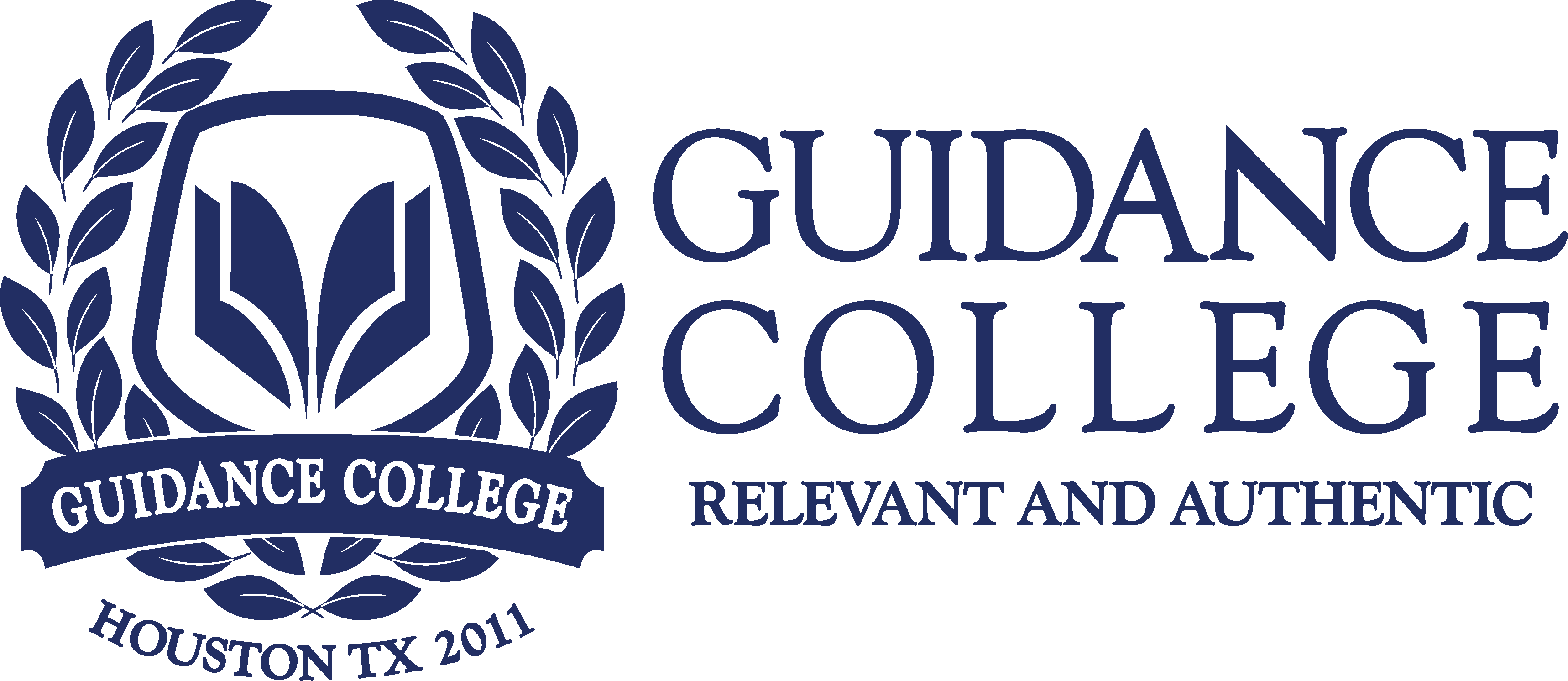MAIE650 ISLAMIC CREED
Course Description:
This course provides students with an in-depth study of the Islamic Creed, covering its foundations, historical development, and contemporary debates and issues. The course consists of three main parts. Part 1 explores the fundamental beliefs and principles of Islamic Creed (aqeedah), including the existence and attributes of Allah, the prophethood of Muhammad, the belief in angels and the Day of Judgment. Part 2 covers the historical development of the main schools of Islamic theology, including the Ash’ari, Maturidi, and Athari schools, as well as other minority sects, such as the Rebels (Kharijites), Mutazilites, and Shiites. Part 3 discusses important contemporary sects and ideologies related to religious beliefs and groups, such as Ahmadiyah and Baha’i sects, atheism and agnosticism. Part 4 of this course provides students with an opportunity to engage in the study of comparative religion and interfaith dialogue, exploring the similarities and differences between Islamic Creed and other world religions.
Course Code: MAIE650
Credit hours: 3
Pre-Requisites: None
Learning Objectives:
By the end of the course, students will be able to:
- Develop a comprehensive understanding for communicating the foundational beliefs and principles of Islamic Creed (aqeedah).
- Critically examine the historical and theological developments of the major schools of Islamic theology, including the Ash’ari, Maturidi, and Athari schools, and the ways in which they have shaped Islamic thought and practice.
- Explore the diversity of Islamic sects and ideologies, both historically and in contemporary contexts, and analyze the social and political factors that have contributed to their emergence and evolution.
- Engage in comparative analysis of the core beliefs and practices of Islam and other world religions, and to critically evaluate the similarities and differences between different religious traditions.
- Reflect on the personal and social implications of interfaith dialogue and comparative religion and consider how these experiences can help individuals develop a more nuanced and informed understanding of their own religious beliefs and identities.
- Develop critical thinking, analytical, and research skills through reading, writing, and discussion of primary and secondary sources related to Islamic Creed and comparative religion.
- Cultivate an appreciation for the diversity of cultural and religious traditions, and to develop respect for different viewpoints and ways of life.
- Identify and evaluate strategies for promoting interfaith dialogue and peaceful coexistence among different religious communities, both locally and globally.
- Use learning resources for researching and completing assignments.
- Integrate course content with other learning and experiences to promote life-long learning.
- Apply course content to the student’s Islamic faith development and practice.

